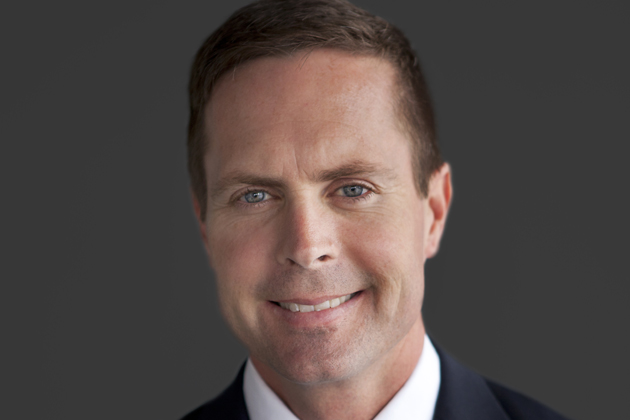
By Greg Bishop/Illinois Radio Network
WASHINGTON, D.C. – One of the provisions that differed between the U.S. House and Senate tax reform proposals in Washington, D.C., is still up in the air, but one central Illinois congressman hopes an end to the individual mandates prevails.
The tax bill includes a reduction of the corporate income tax from the highest in the industrialized world to among the lowest – 35 percent to 20 percent. It also could repeal the requirement that U.S. citizens purchase health insurance or get financially penalized.
U.S. Rep. Rodney Davis, R-Taylorville, said he’s hopeful a measure to end the individual health insurance mandate stays in the tax reform effort.
“Clearly, the [U.S.] Supreme Court said it was a tax,” Davis said, “and this is an unfair tax on individuals in this country where the government is forcing them to purchase something.”
Ending the mandate was part of the Senate’s plan, but not the House’s version. A conference committee is hashing out whether to keep the mandate repeal in place.
Goldwater Institute Director of Healthcare Policy Naomi Lopez-Bauman said it’s an issue of liberty.
“People buy things every single day,” Bauman said. “They buy things that they value. If you’re selling something they don’t value, you should not be compelled by government coercion to buy it.”
Supporters of the mandate say it ensures everyone is paying something in an effort to lower overall costs.
The Congressional Budget Office said repealing the mandate could reduce federal budget deficits by $416 billion between 2018 and 2026 because of fewer people using subsidies or getting on Medicaid to get mandated coverage.
Bauman said ending the mandate also could alleviate the growing Medicaid burden on Illinois taxpayers, but she couldn’t say by how much.
“It would mean that you don’t have to foot the bill for people who don’t actually chose to be enrolled,” she said.
Davis speculated on what could happen to the mandate during the reconciliation process.
“What you’ll probably end up seeing is it’s maybe a deal to have to risk corridor funding to encourage premiums to stay low and also get rid of the individual mandate,” Davis said.
Republicans hope to hash out the differences between the House and Senate version and get the package to the president’s desk before Christmas break.






